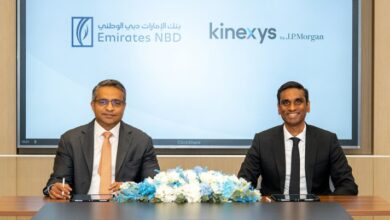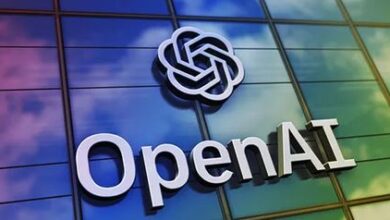Government of Netherlands implements 35 Blockchain Use cases and number grows

UNLOCK interviewed Mrs. Marloes Pomp, Blockchain program officer, Dutch Government and discussed their ongoing projects, their reach to cooperate with other governments across the globe, and the future of government in a blockchain world.
Pomp started working on Blockchain as a trainer for top civil servants in the Dutch government teaching them about Artificial Intelligence, Blockchain and other new technologies. As she mentions, it soon became clear that to better understand Blockchain it was best to implement it and learn about it firsthand. In less than 3 weeks Pomp had over 15 Blockchain pilot projects. As she states, “Government Ministries chose the topics of interest, proof of concepts were developed and in some instances prototypes are out. Most of the projects were on income tax, digital identity, autonomous vehicles logistics and others. We have now Blockchain projects in three stages the 2nd round saw 12 more pilot projects and the 3rd round with Smart City pilots are also underway. So in total today we are working on 35 use cases.”
There are many use cases underway, one of which is the transportation of toxic waste across countries. As Pomp explains, “ When it comes to Blockchain you are as successful as the partners you work with, today we have teamed up with Belgium on the toxic waste project and are testing in 2018. The same can be said for autonomous vehicles, which is a bigger endeavor as we work with BigChain, CISCO, other cities and have to get the car manufacturers to share information with each other and the government.”
Cooperation is Key:
As Pomp explains, “the Dutch government may not be a leader when it comes to technology but we are very good at building coalitions. When it comes to Blockchain we want to test and use what is being done in other countries. Because of our projects, we now have a lot of startups in the Blockchain ecosystem and most of the work being done today within these government projects is being done from universities, startups, corporate as well as government entities.” Because of the strong network and the fact that these projects are open source, the cost has not been high. According to Pomp budget costs has not exceeded $70,000 for some projects and some cost only $5,000 to bring into prototyping.
Governments and Blockchain
Pomp believes that in some instances with the use of Blockchain the role of government will change and might not be needed. For example in the city of Rotterdam using smart contracts, tourist taxes are no longer levied by the government as they go directly to a cause that the Rotterdam city wants to endorse such as a marathon. As Pomp explains, “some government roles may not be needed however the role of government in Blockchain will be to create the norms and rules. It is also noteworthy that you can’t solve everything using the Blockchain.”
Another strong role for government is in Blockchain identity. The Dutch government is working on two Blockchain identity use cases. Pomp states, “It is not the task of banks to create identity but that of government. I believe identity is the mother of all Blockchain projects. So today the Ministry of Interior is working on two prototypes one with UNG Bank and Labor banks and another prototype is being worked on with university DEFT both will be tested in 2018 as well. We might even choose another option developed in another country all together.”
When it comes to security and the Blockchain, the Dutch government and Singapore are collaborating on a joint research regard security and the Blockchain as part of the MOU signed between the Cyber Security Agency of Singapore and the National Cyber Security Centre of the Netherlands. The first results of the study should be out as well in 2018.
In the end Pomp believes that Blockchain is just one way of developing stronger ties between countries globally and collaboration because you cannot stop good ideas anymore, you can only embrace them.





